
Gathering The Good Stuff - Our Guide To Foraging
Gathering food from hedgerows, beaches fields and forests is known as foraging. Read our useful guide that helps you establish the legal, moral and safety matters that you need to be aware of.
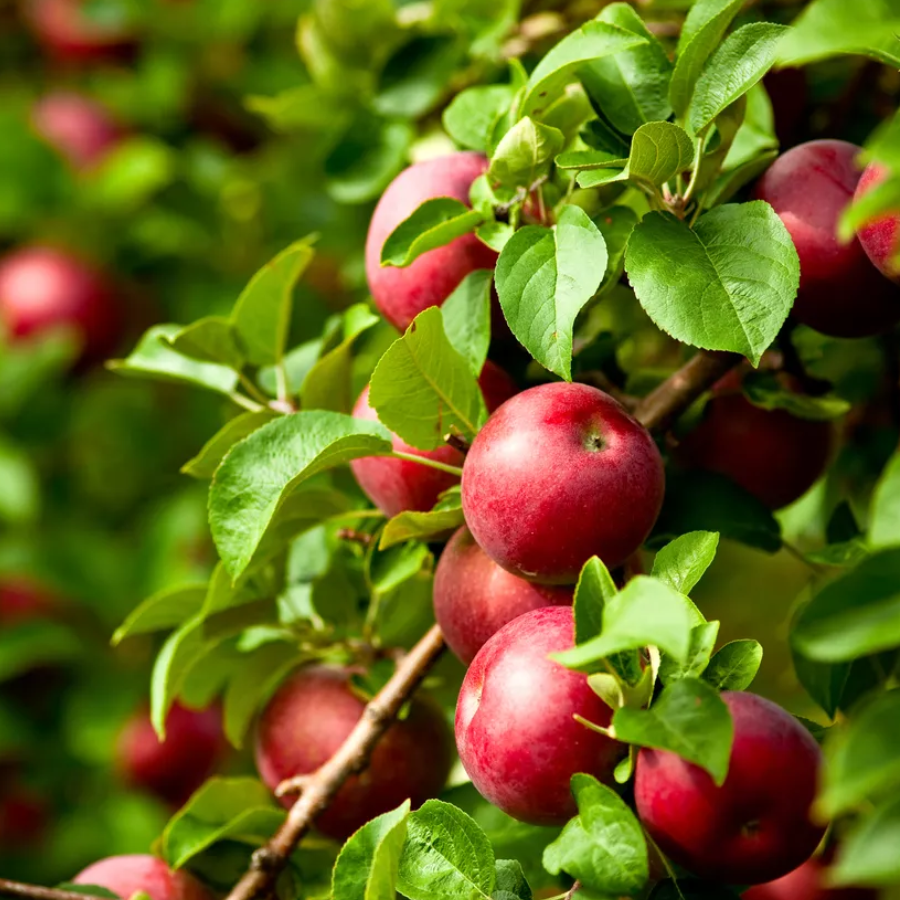
Gathering The Good Stuff
Gathering food from hedgerows, beaches fields and forests is known as foraging and although it’s not a common activity for most of the UK population, it wasn’t so many generations ago that many families depended upon foraged food to stay alive.
Today, foraging is a fabulous way to enjoy the outdoors and benefit from nature’s bounty. Not only are you getting some fresh air into your lungs, foraging involves bending and stretching in ways that simply don’t happen if you have a sedentary lifestyle. As an added bonus, you get free food. Food that is super-fresh and arguably contains more vitamins and minerals than commercially grown fruit and veg.
However the privilege of being able to forage comes a level of responsibility. So let’s take a look at the legal, moral and safety matters that you need to be aware of.
Is Foraging Legal In The UK?
The law says that it’s not an offence to forage for food for your own use. It is, however, illegal under the Theft Act to collect wild plants or fungi for commercial purposes without the landowner’s permission. It’s fine to gather leaves, nuts or berries but illegal to uproot wild plants.
If you are gathering any food, be sure that it really is wild food. Pinching farmers’ crops or collecting edibles from somebody’s allotment could be classed as theft. And could land you in hot water.
Be careful too, not to fall foul of trespassing by-laws. For example, wandering on to a railway track to pick blackberries is not only downright dangerous, it’s a criminal offence. And whilst visiting your local park is not classed trespassing, if you stay there after closing time, you could find yourself being asked to leave.
Finally, a word about parking. It may not be against the law to leave your car at the edge of a country lane while you are out picking, but you can potentially cause a great deal of inconvenience to others. Please try to find a sensible parking place. Don’t block farm gateways or forest drives, you’d be surprised at how often they are needed. And please, always leave plenty of room for lorries, tractors or emergency vehicles to get past.
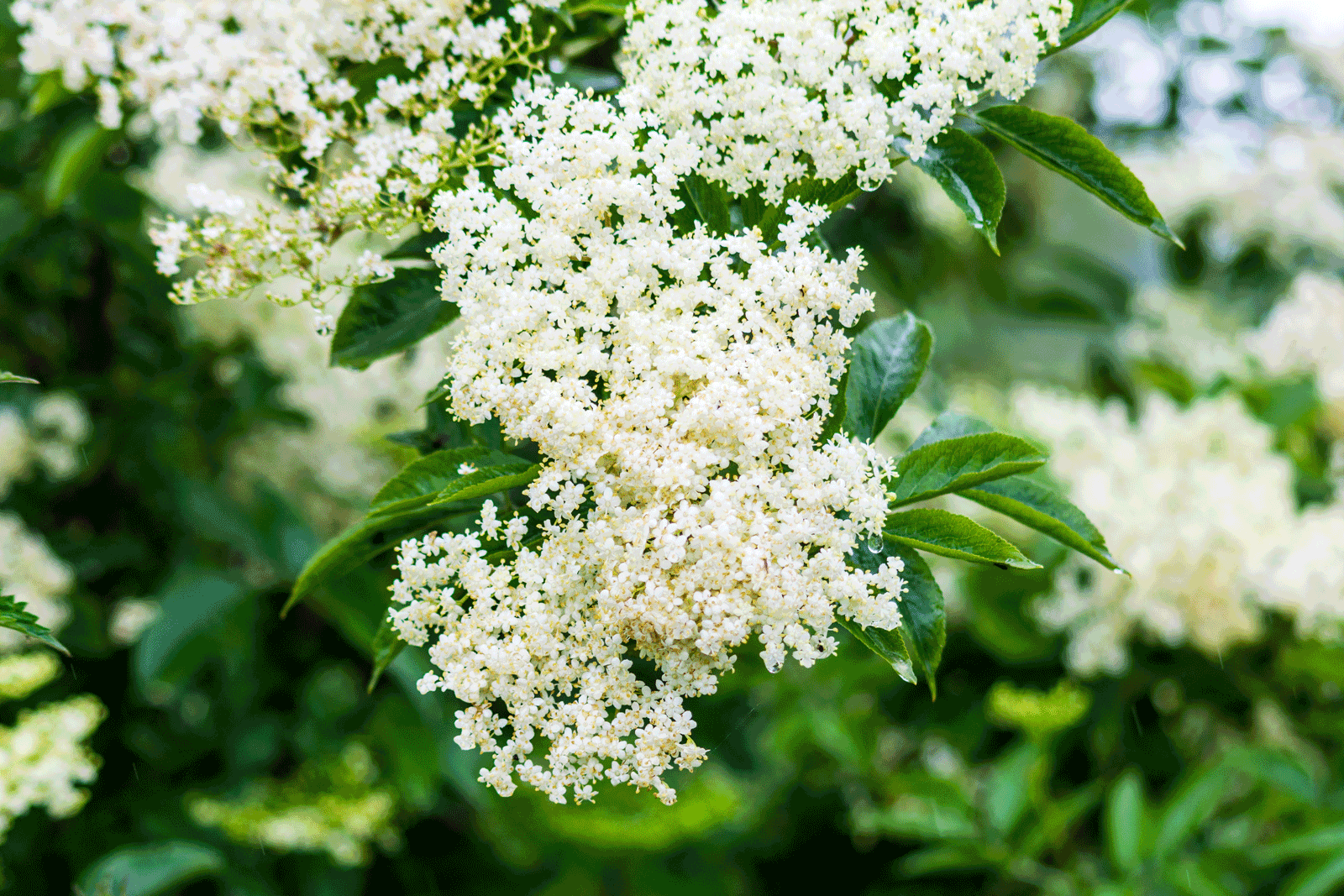
Keeping Yourself Safe Whilst Foraging
Common sense should tell you to wear appropriate clothing whilst foraging. You are likely to encounter slippery mud, thorns, biting insects, farm animals and/or farm machinery. So, wear appropriate shoes, cover your arms and legs and carry a small first aid kit just in case.
Stick to designated footpaths at all times. It’s illegal for a farmer to have dangerous livestock (eg bulls) in a field with a footpath running through it.
Take heed of any warning signs you see. Farmers and foresters don’t put them there for fun!
Keep pets under close control at all times. Preferably on a lead. If countryside creatures perceive your pet to be a threat, you could both be badly injured by their attempts to protect themselves.
If you see a farmer spraying the fields - don’t go in them! And certainly don’t pick any food from that field, just in case.
If you are foraging on the beach, be very aware of tide times and keep an eye on the sea at all times.
Don’t go rummaging about at the bottom of cliffs, particularly in areas where erosion is a big problem.
Picking food at the roadside is a risky business. Not only are you at risk from the passing traffic, there’s a good chance that the food you’re gathering has been polluted by exhaust fumes. Yuck!
Most importantly of all - don’t pick or eat anything you don’t recognise. Whilst there are lots of scrummy treats to be found on a foraging trip, there’s also stuff out there that can kill you.
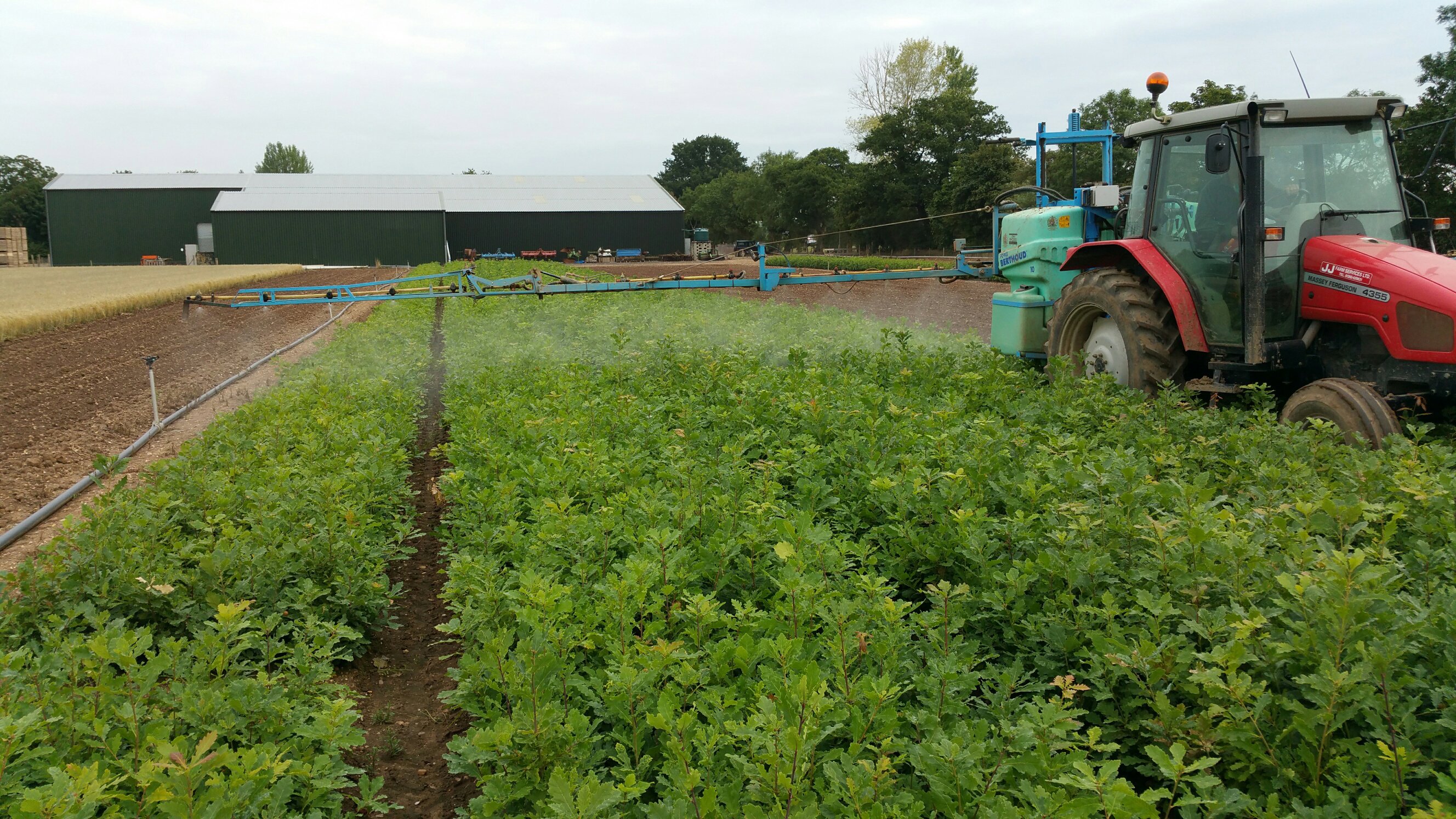
Respect The Environment
Always leave plenty of food for the wildlife that depends upon it. After all, you can nip to the supermarket if you get peckish, but deer, birds, butterflies and bees don’t tend to be welcome in shops.
Don’t decimate plant populations - never uproot any plant, break branches off trees or take every last berry and seed head. Plant populations need to keep regenerating themselves and they can’t do that if they’re in your fridge.
Take your rubbish home with you - that includes dog poo! Wild animals and farm animals have been known to die after ingesting dog poo bags.
Never pick any part of rare or endangered species. No matter how tasty they might look. Once they’re gone, they’re gone forever.
Please don’t disturb wildlife, and don’t allow your dog to either.
And of course, stick rigidly to the countryside code. https://www.gov.uk/government/publications/the-countryside-code
Foraging on the beach? Read the Marine and Coastal Wildlife Code and pay attention to any signs.
https://www.gov.uk/government/publications/marine-and-coastal-wildlife-code
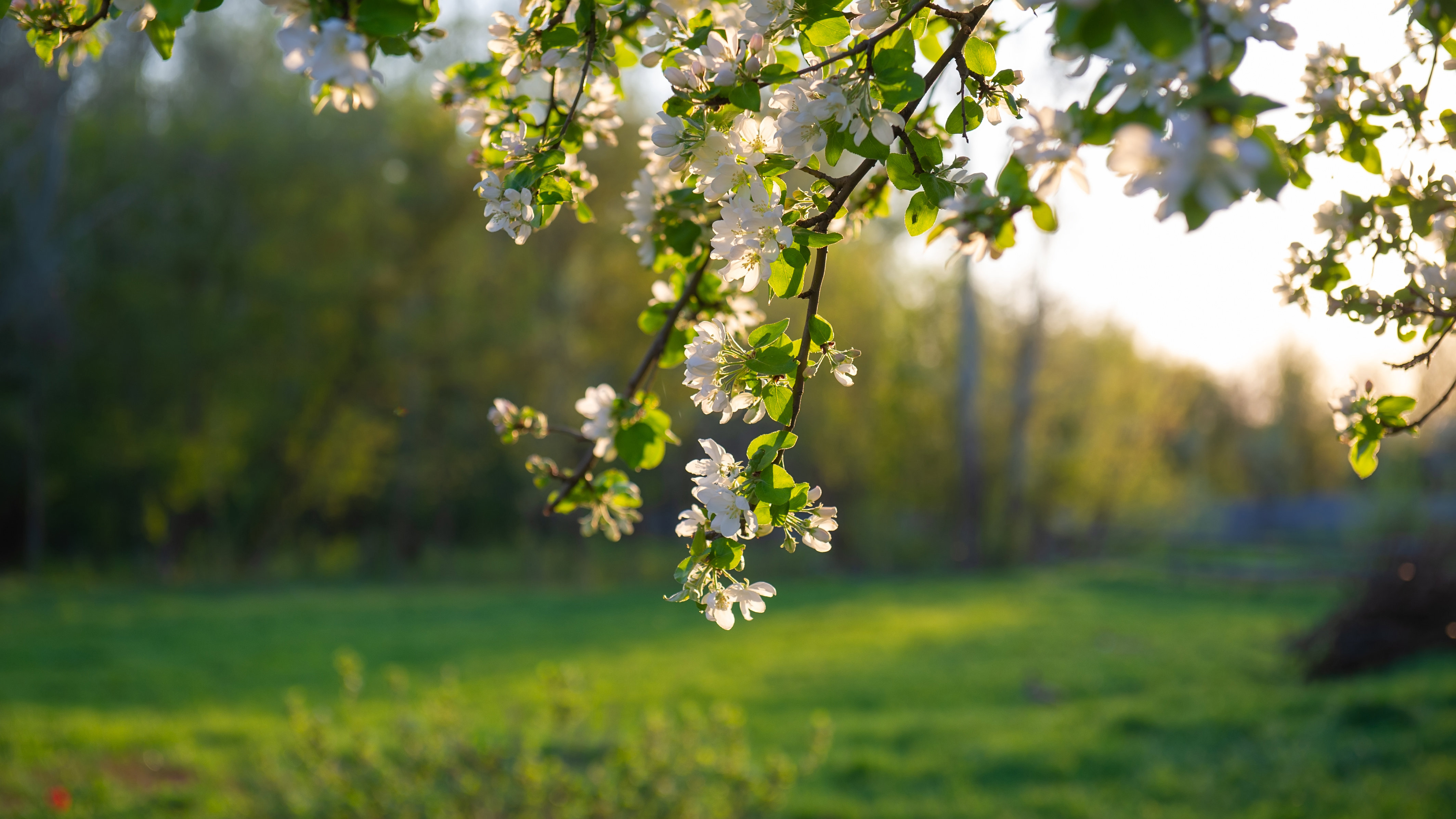
What Foraged Food IS Good To Eat?
There are too many food types out there for us to list in a single blog. So in order to make the most of your foraging trip, we recommend you invest in a good book about wild food.
All we can say, is that foraging will open up a whole new world of tastes and textures for you to enjoy. You’ll be pleasantly surprised to find out that many hedgerow plants such as hawthorn have edible buds, berries and leaves. Or that seaweed is one of the most nutrient rich foods available to the forager.
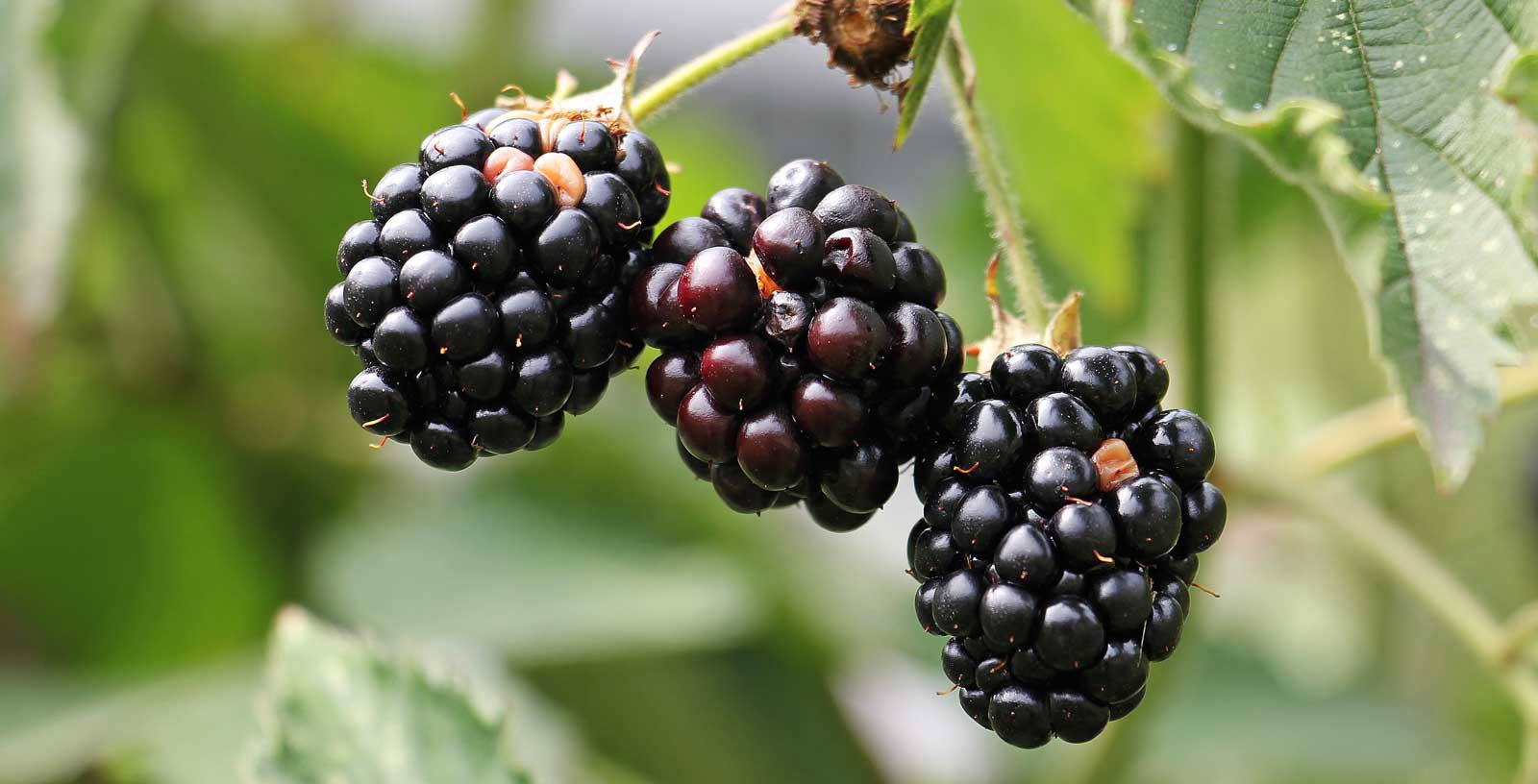
Can I Forage In My Garden?
Setting your garden up for foraging is a safe and convenient way of having tasty treats to hand whenever you fancy something different to eat. Any MAPL garden designer will be able to help you devise a planting plan full of edible delights. Simple changes such as introducing a wildflower border, planting a hedgerow of native species or investing in a nut tree will benefit you, your family and local wildlife. So what are you waiting for? Find a garden designer near you today. https://www.landscaper.org.uk
